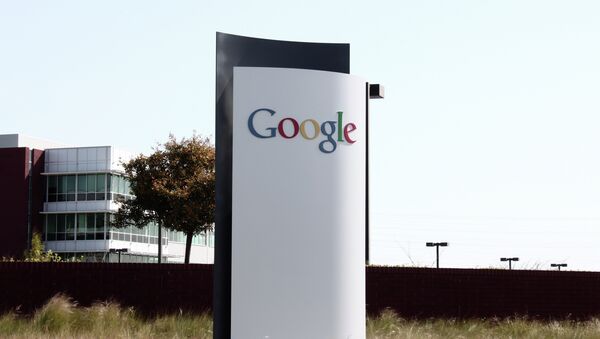For more than two years, Google has been pitching a new search giant service, according to Forrester Research analyst Ellen Carney. The company may soon pilot the comparison shopping site for auto insurance and acquire an insurance shopping site in San Francisco.
“Even though insurers have been mentioning Google overtures to participate on the comparison site to me for more than two years now, the Google Compare US site launch keeps getting pushed back,” wrote Carney in a blog post.
The pilot program, which is predicted to launch in the first quarter of 2015, would allow users to buy insurance policies after comparing rates from various providers. The company already runs an insurance comparison website in the U.K. called Google Compare.
Carney wrote that the Google Compare Auto Insurance Services is already licensed to sell insurance in 26 states and is also authorized to sell policies in one state on behalf of six insurers including MetLife, Mercury and Viking Insurance of Wisconsin.
And while Google has not yet commented on the plans, the move might not be surprising.

Founded in 1998 by Larry Page and Sergey Brin, Google bases its model of taking on so many ventures on the idea that an inevitable shift will happen when computers will eventually be suited to take on a lot more jobs. The move toward more forward-thinking technology is seen as one their primary missions.
"…We have all these billions we should be investing to make people's lives better," Page told the Financial Times in an interview. "If we just do the same thing we did before and don't do something new, it seems like a crime to me."
Google profits have amounted to a whopping $16.52 billion in revenue since last October, though that figure is lower than the same period in 2013.
The venture into the U.S. auto insurance market will likely garner some extra revenue. Google can earn commissions on insurance policies sold via the website. For instance, in the U.K., while Google’s insurance comparison site is free for users, the company is compensated by providers on its panel, according to PCWorld.


